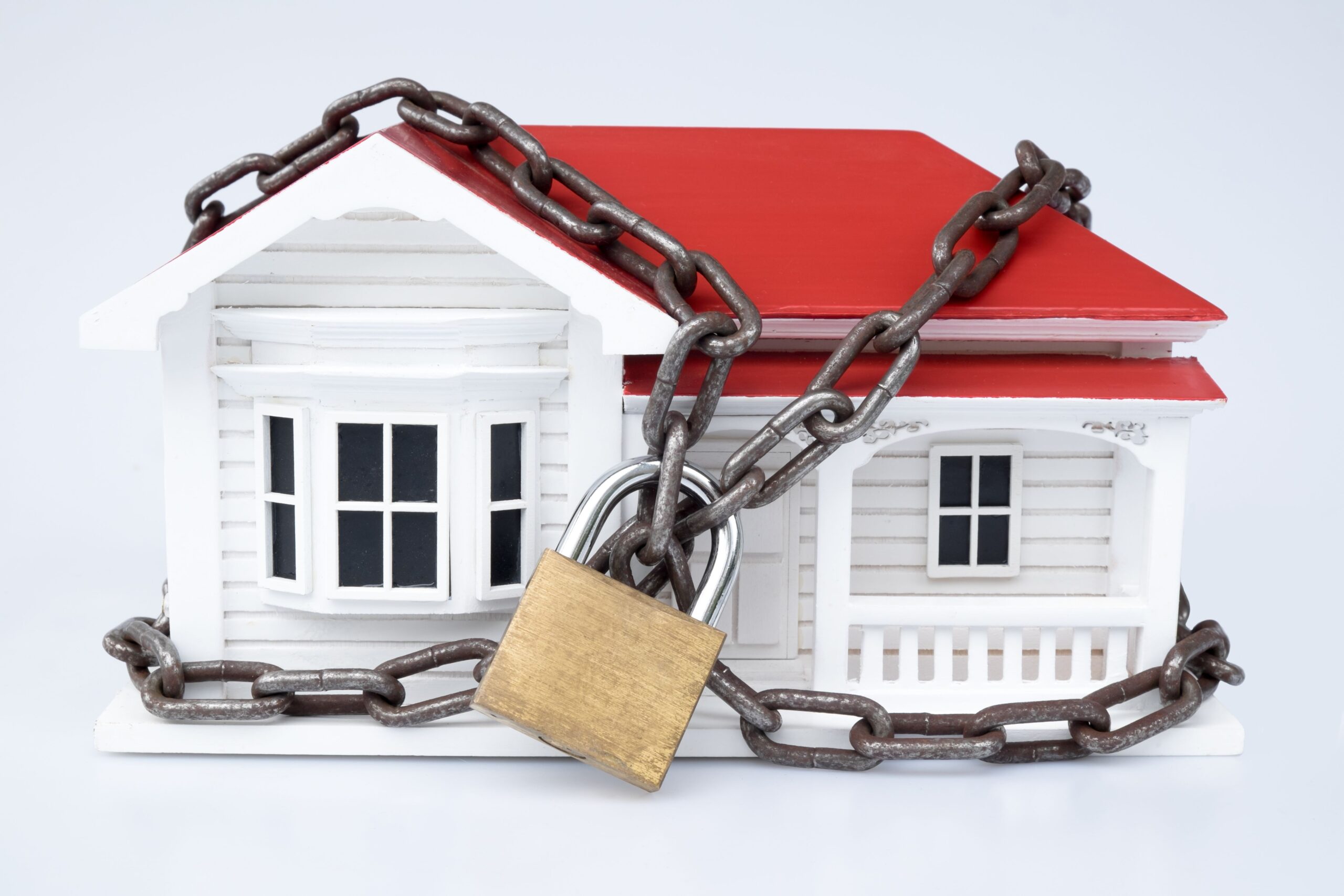
There are various implications for your house if you start an IVA. It is legally protected from your creditors. However you may have to release equity.
Included in this article:
- What happens to your house in an IVA?
- Will you have to release equity?
- What if you can’t remortgage?
- Affect on a jointly owned property
Want help to start an IVA? Give us a call (0800 077 6180) or complete the form below to speak to one of our experts
What will happen to my house if I do an IVA?
An Individual Voluntary Arrangement (IVA) will protect your property from your creditors. Will you have to release any equity from your property? What happens to any money you are able to release? To find out more please visit: http://beatmydebt.com/individual-voluntary-arrangement-frequently-asked-questions/is-my-house-at-risk-if-i-do-an-iva
What happens to your house in an IVA?
If you own a house or any other property you should be able to continue living there when you start an IVA. The mortgage (which is a secured debt) is not included in the Arrangement.
You will be able to keep paying your mortgage. A sufficient amount will be included in your Living Expenses budget to allow you to do this.
Your IVA will actually help protect your property from your creditors. Any you include are no longer allowed to try and secure their debt against your property by applying for a Charging Order.
Starting an IVA may not prevent a Charging Order being issued if the Court has already granted an Interim Charge against your home.
Will you have to release equity from your house during an IVA?
One of the conditions of your IVA will always be that you agree to try and release equity from your property. Any money you raise in this way must be paid into the Arrangement for the benefit of your creditors.
You will normally have to get a valuation of your house on or around month 54 of the Arrangement. If there is equity in the property at that time you will be obliged to try and release some of it either by remortgaging or with a secured loan.
The equity is calculated using a specific rule. That is that only 85% of the property’s true value is taken into account. You are always allowed to keep at least 15%. As such based on 85% of the value if there is equity of £5000 or more you will need to try and release it.
If using 85% of the true value the equity in your house is less than £5000 you are not obliged to release anything. The Arrangement will end as normal after your last standard payment has been made.
What if you can’t remortgage your house during your IVA?
You will be required to try and release equity from your property by either remortgaging or with a secured loan. However there are strict rules to protect you in regard to how much extra you can borrow.
Firstly the payments you make towards any secured debts (either your mortgage or a secured loan) cannot increase by more than 50% of your current monthly IVA payment. Secondly the number of payments cannot extend beyond your retirement age or the length or your current mortgage term.
Given these rules and the fact that your credit rating is poor it may not be possible to borrow any more money against your house. If this is the case your obligation to release equity ends. However instead you will have to extend your IVA payments by an additional to 12 months.
If your house is in negative equity when you start your IVA do not rely on this situation remaining the same. House prices could during the Arrangement. If equity appears you may then have to try and release it in year 5.
How is a jointly owned Property affected by an IVA?
If your house is owned in joint names only your share of any equity in the property can be considered. The other owner can never be forced to release any of their equity to help repay your debts.
Given this if there is equity in the property based on the 85% valuation rule you would only ever have to try to release your share of this during your IVA.
The only time this is not the case is if both you and the other joint owner start an IVA together. In these circumstances all the home equity can be considered.
If you and your partner jointly own a property think carefully before starting a joint IVA. If one party’s debts are relatively small it might be worth them using a Debt Management Plan so their equity is not considered.
Arrange a call with an IVA Expert
Privacy Policy
Your information will be held in strictest confidence and used to contact you by our internal team only. We will never share your details with any third party without your permission.



Hello
My husband and myself are coming to the end of our iva and are in the process of our iva company sorting out a remortgage to pay off remainer of debt. If we are accepted do we have to go ahead with the remortgage or can we carry on another year with our regular payments to the iva
Hi Rachal
If you are able to release equity by remortgaging then the terms of your agreement will almost certainly say that you have to take this option. You cannot choose the extra 12 months extension.
Remember as highlighted in the above article you only have to attempt to remortgage if there is more than £10k of equity (given you are both in the IVA) based on 85% of the market valuation.